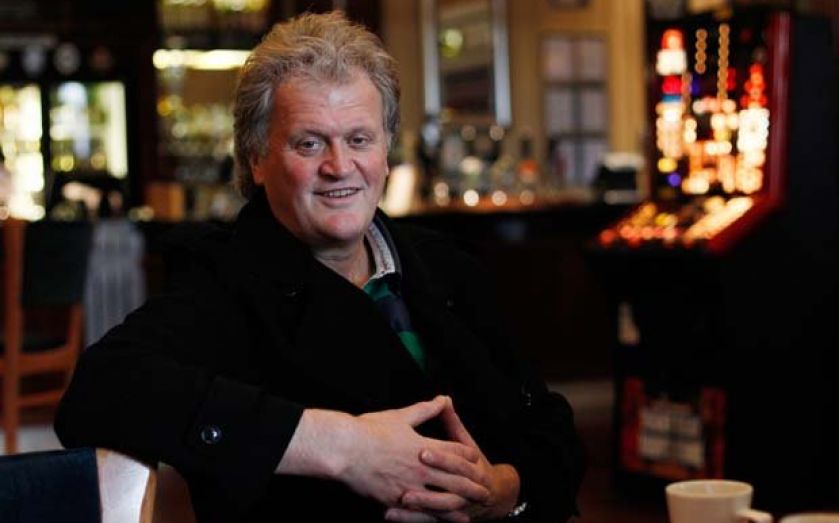The Notebook: Victoria Scholar on the economy, Ryanair, and Spoons

Do you want the good news or the bad news first? I’ll start with the good.
UK Chancellor Jeremy Hunt said inflation is on track to halve this year, albeit with a blip this month after petrol prices increased. While it is still the highest among the G7, inflation has been retreating from October’s 41-year high. Plus, the UK has enjoyed some positive upgrades to its official growth figures – the UK economy was 0.6% larger in Q4 2021 versus the same period in 2019, a major upward revision from a prior estimate that the economy was 1.2% smaller. That means the economy recovered much faster out of the pandemic than previously believed.
Onto the bad. Over the last two years, elevated inflation and rising interest rates have taken their toll. The CEBR estimates the high cost of borrowing will continue to put a major strain on UK companies with around 28,000 business expected to go insolvent next year. It said there were over 6,700 insolvencies in Britain in the second quarter of this year, more than double pandemic era levels when government schemes supported businesses. The CEBR also expects the UK to tip into recession with a contraction in the fourth quarter of this year and the first quarter of next.
Given the pain that tighter monetary policy has caused, all eyes are on the Bank of England for clues into the future path for interest rates. Money markets expect at least one, possibly two more rate hikes ahead, lifting the bank rate to either 5.5% or 5.75%. And while there is a chance the central bank could cut interest rates next year, borrowing costs will remain high by historic standards, far from alleviating the burden on businesses and mortgage holders.
August was the worst month of the year for equities in the UK, the US and Europe amid rising bond yields and uncertainty in China. But so far, this month has got off to a more positive start, with hopes this will pave the way for a rebound in September.
Fuel to pump up inflation
According to the RAC, a litre of petrol rose by 7p on average in August, the fifth highest monthly increase in 23 years, while diesel rose by 8p, the sixth highest increase. This was on the back of oil’s recent rally driven by supply constraints rather than strengthening demand. Russia announced plans to cut its oil exports last week while Saudi Arabia is expected to extend its voluntary output cuts in October. Rising petrol prices add to cost-of-living pressures and could make it more challenging to bring inflation back down under control.
Making a point with a pint
Wetherspoon founder Tim Martin is never shy of making a point, and his latest move to cut prices to what they would be if supermarket taxes applied to pubs fits in that category. “The biggest threat to the hospitality industry is the vast disparity in tax treatment among pubs, restaurants, and supermarkets. Supermarkets pay zero VAT in respect of food sales, whereas pubs and restaurants pay 20 per cent,” he says. He may be unimpressed with government, but investors are enjoying the firm’s 60 per cent share price bump this year.

Up up and away… unless air traffic control gets in the way
Ryanair carried over 18.9 million passengers in August, a new record high, up 11% versus a year ago. It operated 103 thousand flights during the month with over 350 flights cancelled due to the air traffic control computer failure issues over August bank holiday weekend. Shares in Ryanair have rallied sharply this year, driven by robust post-covid demand for summer holiday travel and a jump in prices. However the winter could be more challenging as the cost-of-living weighs on consumer spending.
Can I quote you on that?
“A relatively soft landing is still achievable in the UK housing market”
The rest is podcasts
Goalhanger Podcasts, behind the hugely successful The Rest is Politics podcast series, brings us a new show, The Rest is Money, presented by well-known broadcast voices, Steph McGovern and Robert Peston. The pair aim to ‘decode all the business jargon that you hear on the airwaves and break it down for you, while also reaching back into the past to revisit some of the biggest financial events of the last half century – to see if there are any lessons we can learn from them today.’ The first episode discusses whether we are in the midst of a ‘slow death’ for the British stock market and looks at whether high streets can survive in 2023.
Victoria Scholar is head of investment at interactive investor